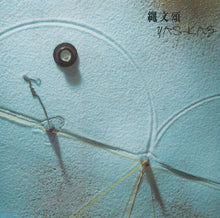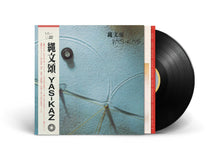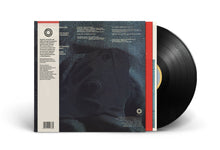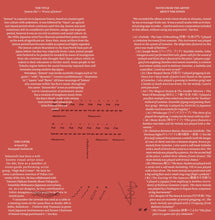Glossy Mistakes / Spain / 2020
Peaceful, percussive and idyllic. Three words that describe perfectly ‘Jomon-sho’, the key New Age album from Japanese composer and expert of gamelan music, Yas-Kaz. This seminal composition is a cornerstone to understand the Japanese ambient and environmental movement, heavily influenced by this record and the whole New Age scene that developed in Japan throughout the 80s.
The album features a wide range of entirely acoustic instruments and field recordings and was made for stage performance by Sankai Juku Butoh Group at Theatre de la Ville, Paris. But the story of this album can’t be understood without knowing who Yas-Kaz is, an artist who rose to musical prominence composing for the dance troupe led by one of the founders of Butoh, Tatsumi Hijikata.
His composition/music is not focused on any specific genre/style of music either. Especially in his work for dance theatre he often delivers bare abstract sound/resonance which might not be recognized as “musical” from the Western perspective.
As part of his constant seek for new sounds and ideas, he moved to Bali, Indonesia, in the 70s introducing the gamelan Balinese sounds and culture to Ryuichi Sakamoto (collaborated in the album “Esperanto”) and Midori Takada, Shoji Yamashiro (leader of Geino Yamashiro-gumi who later created the soundtrack for “Akira”), among others.
That way, Yas-Kaz influenced some of Japan’s most prolific and innovative artists in the experimental and ambient scene, such as Ryuichi Sakamoto, Midori Takada or Geino Yamashiro-Gumi, over four decades. However, his music has still not been heard by the vast majority of the public, being unseen for quite some time untill now.
This unique masterpiece, remastered by Frederic Stader from Music Matters Mastering and released on Spanish label Glossy Mistakes, is already available to pre-order via Bandcamp and will hit the stores on the 30th of October, with a red coloured limited edition of 200. To round things up, this special reissue includes an insert and obi, with liner notes by bass player and academic Hiroshi Koyu Suzuki, who’s passion for this album and movement enlightens the whole piece.








